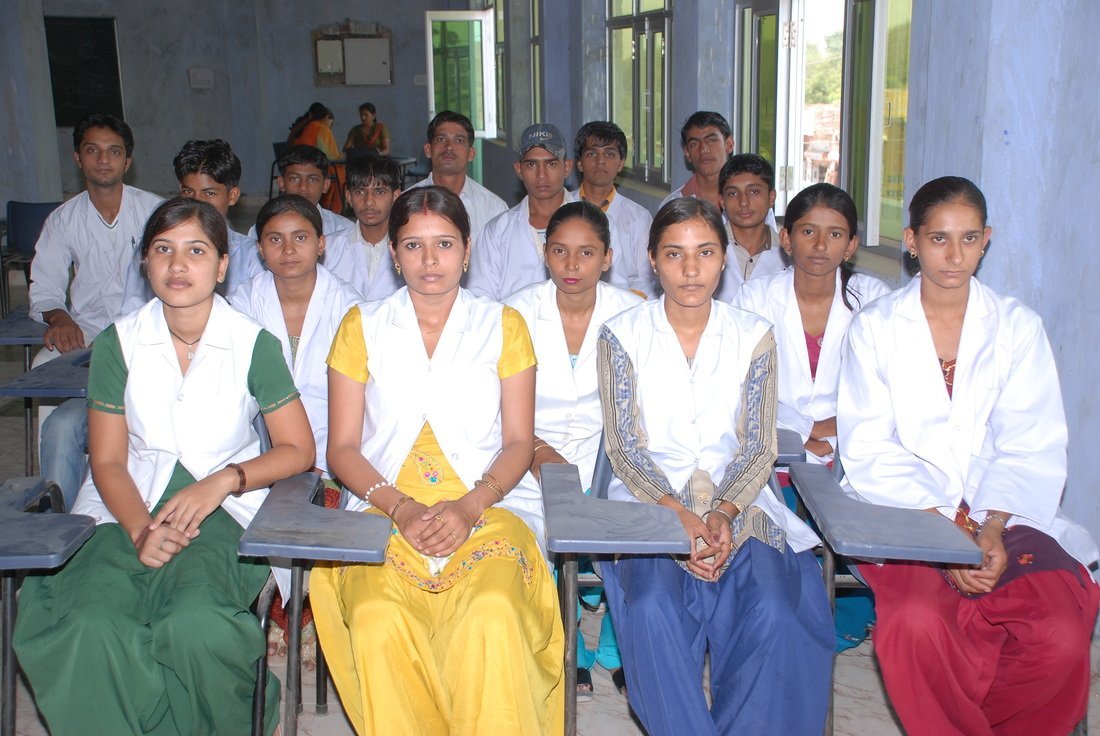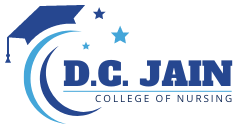
The Importance of Practical Training in Healthcare Education
Healthcare education is a critical component in the preparation of future medical professionals. While theoretical knowledge provides the foundation, it is practical training that truly equips students with the skills and confidence needed to face real-world healthcare challenges. In this article, we will explore the importance of hands-on experience in healthcare education and how it prepares students for the demands of their chosen fields.
Bridging the Gap Between Theory and Practice
Theoretical knowledge is essential for understanding the principles and concepts that underpin healthcare practices. However, without practical application, this knowledge remains abstract and disconnected from real-life scenarios. Practical training bridges this gap by allowing students to apply what they have learned in the classroom to actual patient care situations.
Keywords: Theoretical knowledge, practical application, healthcare practices, real-life scenarios
Through hands-on experience, students learn how to perform clinical procedures, interact with patients, and use medical equipment. This experiential learning helps them understand the nuances and complexities of healthcare that cannot be fully captured through textbooks alone.
Developing Clinical Skills
One of the most significant benefits of practical training is the development of clinical skills. These skills are crucial for providing effective patient care and ensuring positive health outcomes. Practical training provides students with the opportunity to practice and refine these skills under the supervision of experienced professionals.
Keywords: Clinical skills, patient care, health outcomes, supervised practice
For example, nursing students learn how to administer medications, take vital signs, and perform wound care. Medical students practice conducting physical examinations, diagnosing conditions, and developing treatment plans. These hands-on experiences build competence and confidence, preparing students to perform these tasks independently in their future careers.
Enhancing Critical Thinking and Problem-Solving Abilities
Healthcare is a dynamic and often unpredictable field that requires professionals to think critically and solve problems quickly. Practical training helps students develop these essential skills by exposing them to a variety of clinical situations where they must assess, diagnose, and respond appropriately.
Keywords: Critical thinking, problem-solving, clinical situations, decision-making
During practical training, students encounter real patients with diverse medical conditions. They learn to gather and interpret information, make decisions based on clinical evidence, and adapt their approach as needed. This experiential learning fosters the development of critical thinking and problem-solving abilities that are vital for success in healthcare.
Building Communication and Interpersonal Skills
Effective communication is a cornerstone of quality healthcare. Practical training provides students with the opportunity to interact with patients, families, and healthcare teams, thereby honing their communication and interpersonal skills.
Keywords: Effective communication, interpersonal skills, patient interaction, healthcare teams
Students learn how to convey information clearly and compassionately, listen actively, and build rapport with patients. They also practice working collaboratively with colleagues, understanding the importance of teamwork and effective communication in delivering comprehensive care.
Familiarizing with Medical Technology and Equipment
Modern healthcare relies heavily on advanced medical technology and equipment. Practical training allows students to become familiar with these tools, understanding their functions and applications in patient care.
Keywords: Medical technology, healthcare equipment, patient care tools, technology proficiency
From diagnostic imaging devices to electronic health records, students gain hands-on experience with the technology they will use in their careers. This familiarity ensures they can operate equipment safely and efficiently, contributing to better patient outcomes and streamlined healthcare processes.
Experiencing Real-World Healthcare Environments
Practical training often takes place in real-world healthcare settings such as hospitals, clinics, and community health centers. These environments provide students with a realistic understanding of the healthcare system and its challenges.
Keywords: Real-world healthcare environments, hospitals, clinics, community health centers
Students observe and participate in the day-to-day operations of these facilities, learning about workflow, patient management, and the roles of various healthcare professionals. This exposure helps them develop a holistic view of healthcare and prepares them for the realities of working in the field.
Building Professionalism and Ethical Awareness
Professionalism and ethical conduct are fundamental to healthcare practice. Practical training instills these values by teaching students about professional behavior, patient confidentiality, and ethical decision-making.
Keywords: Professionalism, ethical conduct, patient confidentiality, ethical decision-making
Through interactions with patients and healthcare teams, students learn the importance of maintaining professionalism, respecting patient privacy, and adhering to ethical guidelines. This foundation is crucial for building trust with patients and upholding the standards of the healthcare profession.
Providing Opportunities for Feedback and Improvement
One of the key advantages of practical training is the opportunity for immediate feedback and improvement. Instructors and mentors provide guidance and constructive criticism, helping students identify areas for improvement and refine their skills.
Keywords: Feedback, improvement, guidance, constructive criticism
This ongoing feedback loop is essential for learning and growth. Students can ask questions, seek clarification, and receive support as they navigate complex clinical scenarios. This iterative process ensures that they are continually improving and becoming more proficient in their roles.
Fostering Confidence and Independence
Confidence is a critical attribute for healthcare professionals, enabling them to perform their duties effectively and make sound decisions. Practical training fosters confidence by allowing students to practice and master their skills in a controlled environment before transitioning to independent practice.
Keywords: Confidence, independence, skill mastery, controlled environment
As students gain experience and competence, their confidence grows. They become more comfortable with clinical procedures, patient interactions, and decision-making, preparing them to take on the responsibilities of their profession with assurance.
Conclusion: The Essential Role of Practical Training in Healthcare Education
In conclusion, practical training is an indispensable component of healthcare education. It bridges the gap between theory and practice, developing clinical skills, critical thinking, communication, and professionalism. By providing hands-on experience in real-world environments, practical training prepares students to meet the challenges of the healthcare field with confidence and competence.
Keywords: Healthcare education, practical training, hands-on experience, real-world healthcare challenges
At D.C. Jain College, we prioritize practical training in our healthcare programs, ensuring that our students receive the comprehensive education they need to succeed. Through state-of-the-art simulation labs, clinical rotations, and experienced faculty, we provide our students with the tools and opportunities to excel in their chosen fields. If you are considering a career in healthcare, we invite you to explore the transformative power of practical training and join us on the path to becoming a skilled and compassionate healthcare professional.

